Health and social care
Living Wage for health and social care workers
Making London a Living Wage City
With the Living Wage Foundation, we are working to make London a Living Wage City. This multi-year campaign will see us work to put £635m of wages back into the pockets of low-paid workers in London.
As part of this campaign, we are focusing on sectors where low pay is the most rampant, and where employers paying the real Living Wage can have the most impact in London. One of these sectors is health and social care.
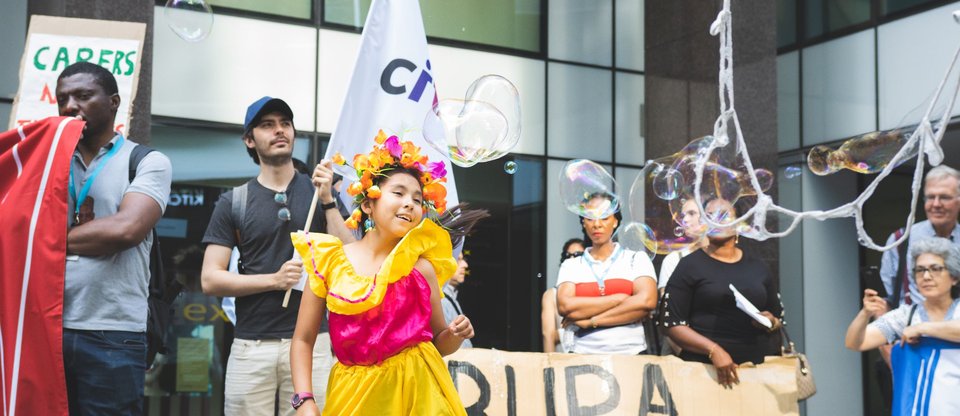
Health and social care and the real Living Wage
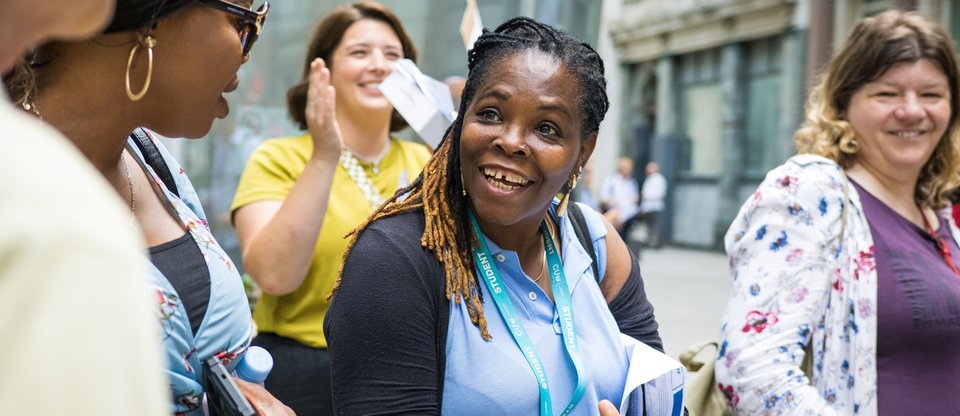
Health and Social Care includes work such as:
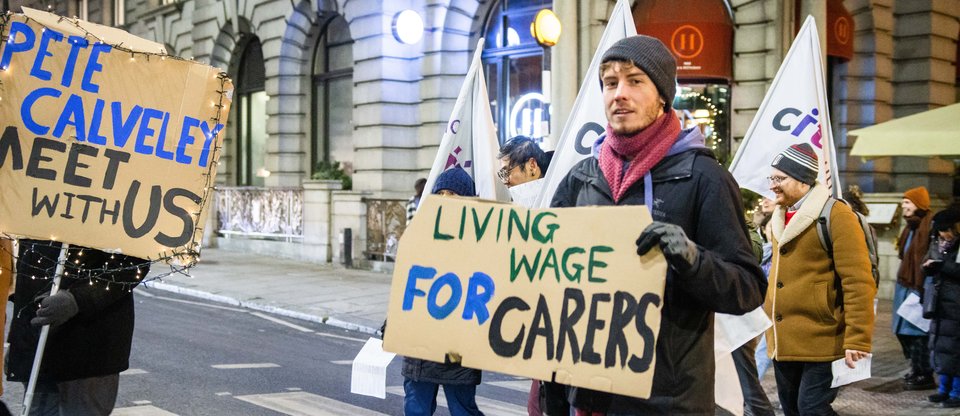
- Cleaning
- Security
- Porters
- Catering staff
- Care workers
Why health and social care?
The workforce in health and social care makes up nearly 10 per cent of London’s working population. However, 16.7 per cent of all jobs in the sector are paid below the London Living Wage.
In the NHS, while nationally agreed pay scales for directly employed staff allow them to meet their everyday needs, services such as cleaning, porters, catering and security are often outsourced and paid below these rates. Rates of pay and conditions are worse still in social care, as 42.3 per cent of all of London’s care workers earn less than the London Living Wage, and the sector in general has a staff turnover rate of 28.5 per cent.
Health and social care is a sector operating 24/7, and therefore one with the highest proportion of night-time workers in London (over 200,000 staff). Data from the GLA indicates that if you work at night, you are twice as likely to be paid below the Living Wage than if you do the same occupation during the day.
“I believe being a Living Wage Employer is the right thing to do, and I’m proud that our Trust has been so since February 2020. Since then, I’ve been focusing on encouraging my colleagues across the health and social care sector in London to accredit. Our staff are our greatest asset and we know that colleagues who feel supported at work provide the best care for our patients and people who use our services. An important way of demonstrating this support to our colleagues is to pay a living wage so they can support themselves and their families.”
David Bradley, Chief Executive of the South London and Maudsley NHS Foundation Trust
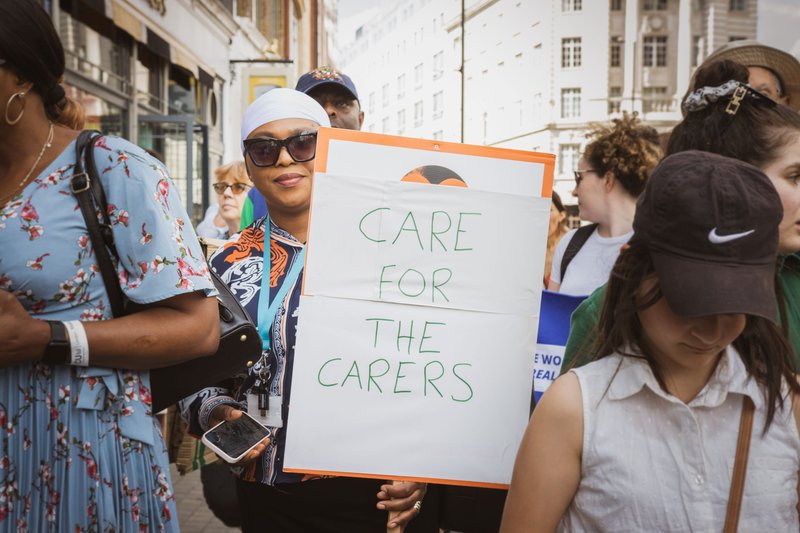
Action strand for health and social care
As part of the 'Making London a Living Wage City' campaign, we are supporting cross-sector coalitions to tackle low pay in London. These coalitions are made up of business leaders, workers, and key civil society groups who are coming together to make change.
David Bradley
CEO, South London & Maudsley NHS Foundation Trust
Mike Bell
Chair, Croydon Health Services NHS Trust
Francesca Okosi
Chief People and Culture Officer, North East London ICS
Ranjeet Kaile
Director of Communications, South East London ICS
Maria Higson
Director of Transformation and Delivery, South East London ICS
Dr Hasnain Abbasi
GP Director, Operose Health
Stephen Webb
Director of Communications, Operose Health
Rachel Roberts
Primary Care Dean, Health Education England, London
Sarah Walker
Associate Workforce Transformation Lead, Health Education England
Sarah Kavanagh
Training Hub Lead, South West London ICS
Michael Wood
Head of Health Economic Partnerships, NHS Confederation / NHS London
Nina Hemmings
Workforce Transformation Lead, Health Education England
Josephine Fletcher
Project Manager, Health Education England
Amy Lamé
Night Time Czar, GLA
Julieta Cuneo
Senior Policy Officer, GLA
Ethan Williams
Senior Policy Officer – Health and Care Partnerships, GLA
Lydia Drummond
Assistant Director of Commissioning - Adults & Health, Newham Council
Hannah Leask
Senior Commissioner - Adult Social Care & Health, Newham Council
Nikki Ralph
Social Care commissioning, Islington Council
Matthew Sheehan
Managing Director, Enabled Living
Farzana Parker
Head of People, Loveday & Co.
Nigel Turner
Trustee, Vincentian Care Plus
Aisling Duffy
CEO, Certitude
Alison Wright
Project Coordinator, Special People
Jamie Brown
Regional Manager - Health Team, UNISON Greater London Region
Lola McEvoy
Regional Organiser - NHS, GMB
Peter Webb
Director, London Care and Support Forum
Andrea Werner
Researcher, Middlesex University
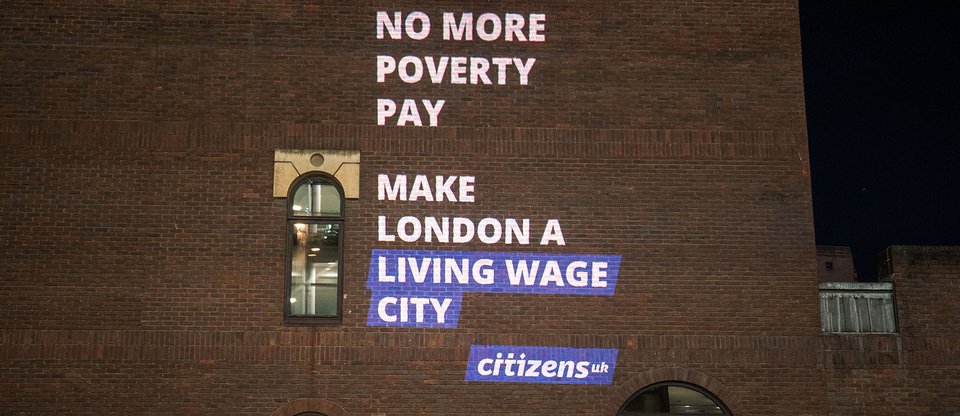
As of June 2023 there are 150 accredited London-based Living Wage employers in health & social care, including 21 accredited NHS Trusts. This means there are a total of 141,271 people employed by an accredited London-based Living Wage employer in health & social care. 9,592 workers are receiving a pay rise to the London Living Wage as a result of accreditations.
This means, in the first year of the project, London-based Living Wage employers in health & social care have grown by 35%, 60% of all NHS Trusts in London are now accredited (up from 23% in May 2022), and 4,415 more staff will receive a pay rise to the London Living Wage.
Workers across London have taken action to make this happen.




